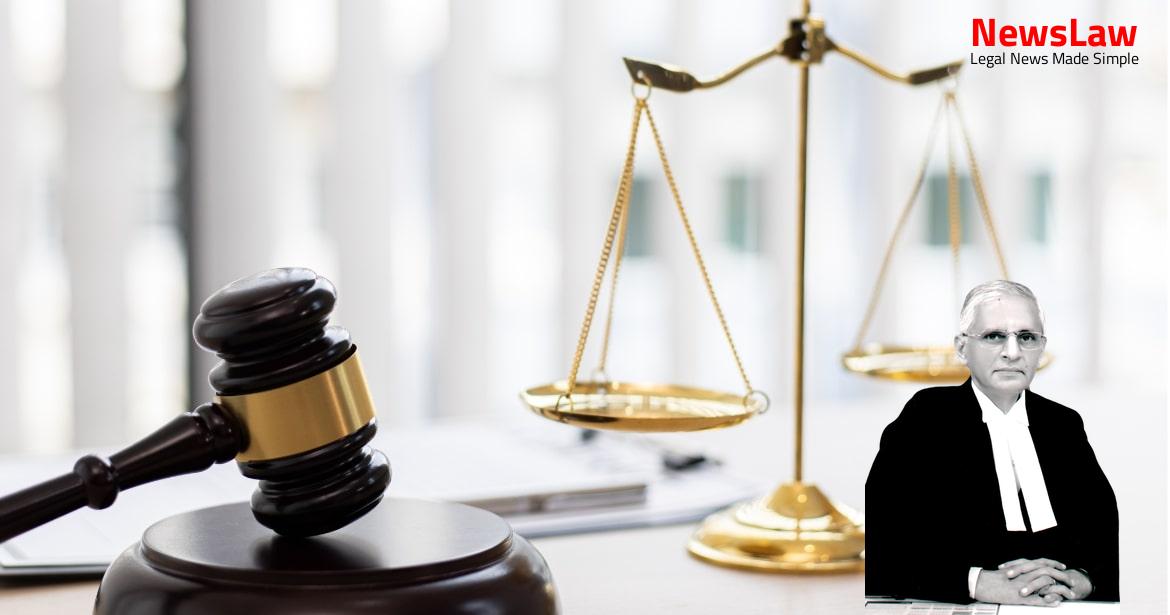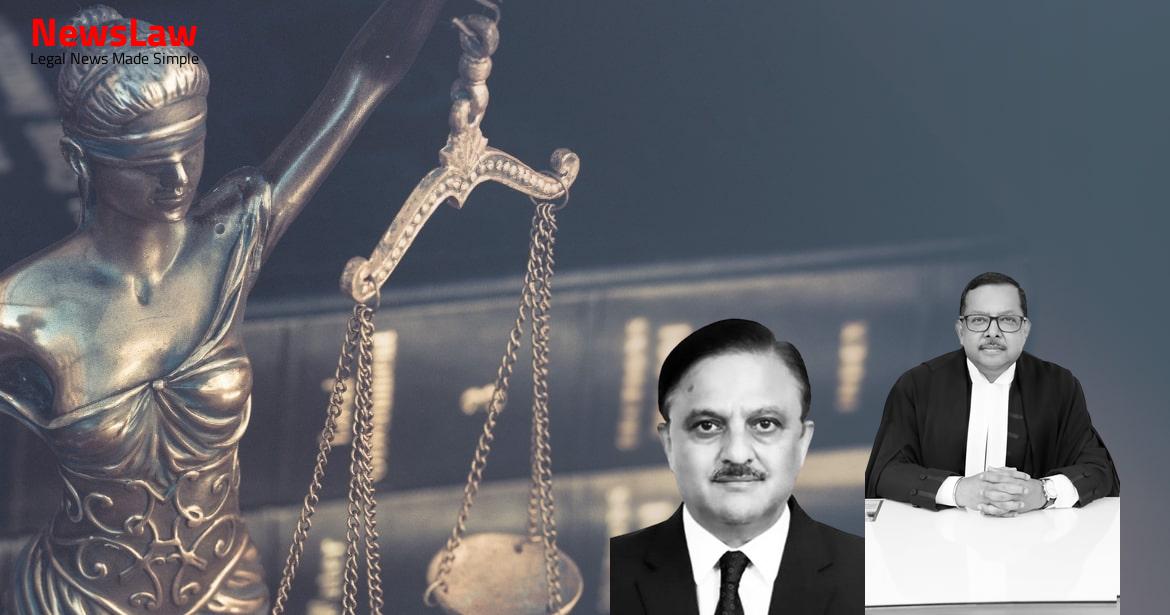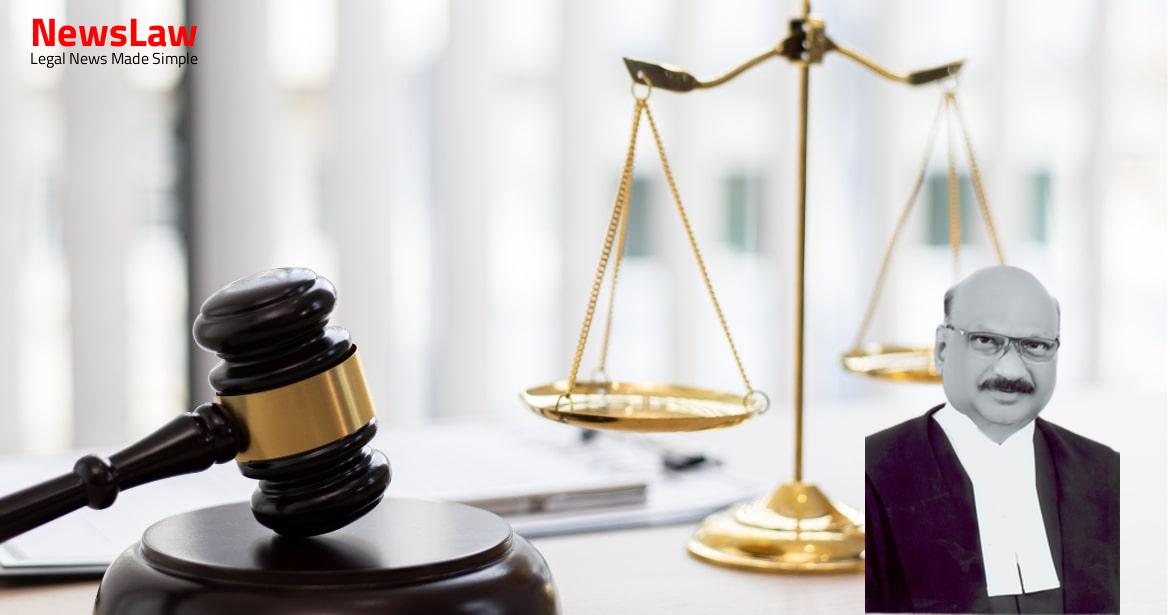In a recent legal case, the court’s analysis centered around the presumption of liability under the Negotiable Instruments Act. The court emphasized the importance of Section 139 which establishes a presumption of liability on the drawer of a cheque. The case delved into the relevance of handwriting expert examinations in determining liability and highlighted key precedents supporting the interpretation of the law. Let’s dive into the legal intricacies of this significant judgment.
Facts
- The appellant, a banking consortium, filed a complaint under Section 138 of the Negotiable Instruments Act 1881.
- The appellant alleges that the respondents, directors of five companies, issued a cheque which bounced due to insufficient funds.
- The respondents sought to engage a handwriting expert to determine authorship on the disputed cheque.
- The High Court permitted the handwriting expert examination, but the Supreme Court overturned this decision.
- Section 139 of the NI Act presumes liability on the drawer of a signed cheque unless proven otherwise.
- The purpose for which the cheque was handed over is the main issue, not the handwriting on the cheque.
- The evidence of a handwriting expert is deemed immaterial in determining the purpose of the cheque.
- The appeal was allowed against the High Court’s decision to permit the handwriting expert examination.
- The High Court’s decision on 24 July 2019 stated that there was no need to permit the examination of a government hand-writing expert.
Also Read: Balancing Power and Transparency: Electoral Bonds Struck Down, Disclosure Mandated
Analysis
- The details in the cheque being filled by someone other than the drawer is immaterial for determining the validity of the cheque under Section 139.
- The presumption of validity arises under Section 139.
- It is undisputed that the first respondent admitted to signing the cheque.
- Section 139 of the NI Act establishes the presumption of liability on the drawer of a cheque once it is signed and handed over to the payee.
- The drawer is presumed to be liable unless they can provide evidence to rebut the assumption that the cheque was issued to pay off a debt or liability.
- Merely presenting a report from a handwriting expert is not sufficient to rebut this presumption.
- The decisions in Bir Singh v. Mukesh Kumar and Kalamani Tex v. P. Balasubramanian support this interpretation of Section 139 of the NI Act.
- The presumption under Section 139 was reiterated in the case of Anss Rajashekar v. Augustus Jeba Ananth, in line with the decision in Rangappa v. Sri Mohan.
- Details in the cheque filled up by another person not relevant to defense of whether cheque was issued for a debt/liability.
- Respondents can still raise other defenses in support of their claim.
- Appeal allowed, impugned order set aside.
Also Read: Recall of Resolution Plan Approval: Legal Analysis
Decision
- The present order will not impact the trial’s merits or the rights of the parties during the trial.
- Pending applications have been resolved.
- Respondent’s application for hand-writing expert examination is dismissed.
- The report received in accordance with the order dated 24 July 2019 will not be considered during the trial.
Case Title: ORIENTAL BANK OF COMMERCE Vs. PRABODH KUMAR TEWARI (2022 INSC 832)
Case Number: Crl.A. No.-001260-001260 / 2022



